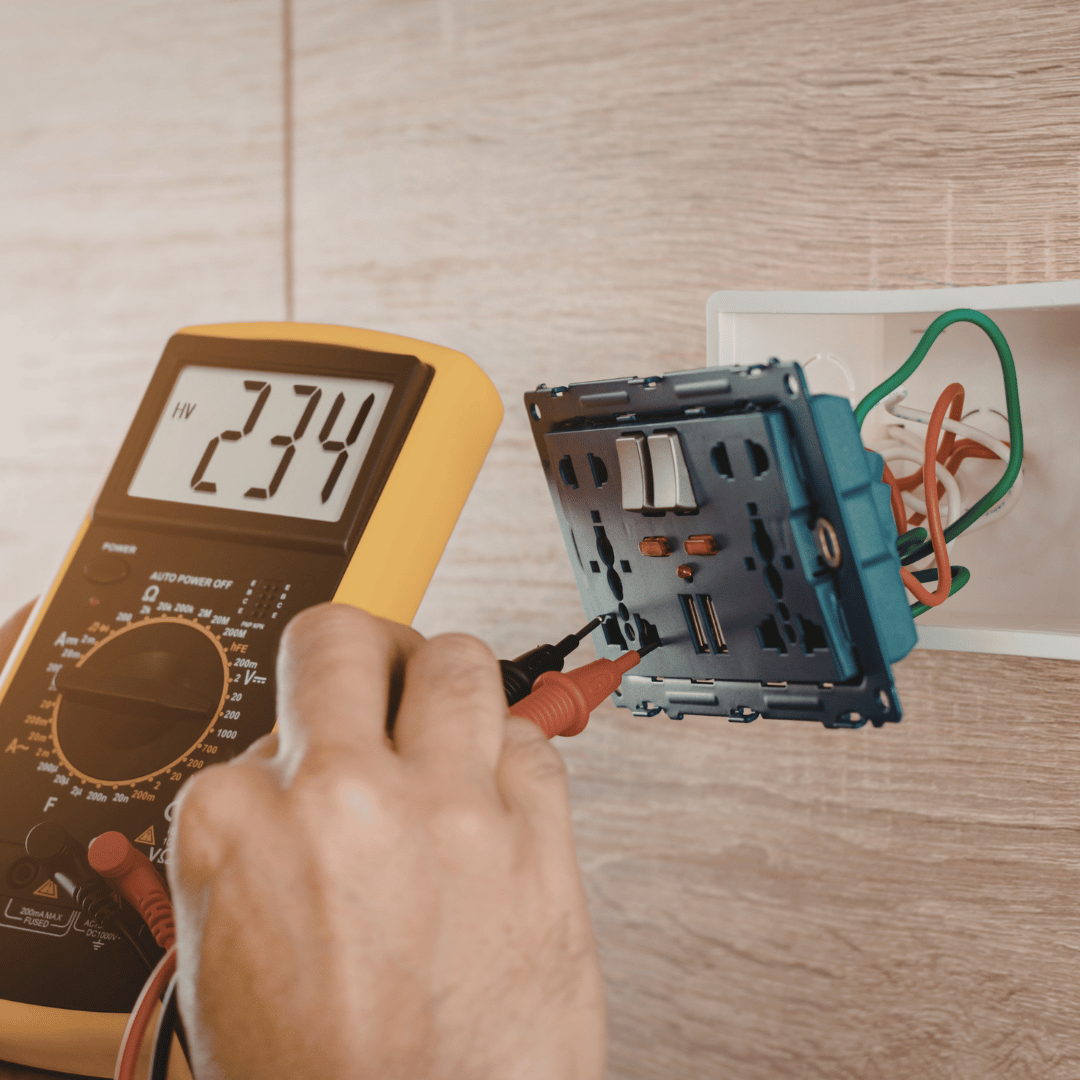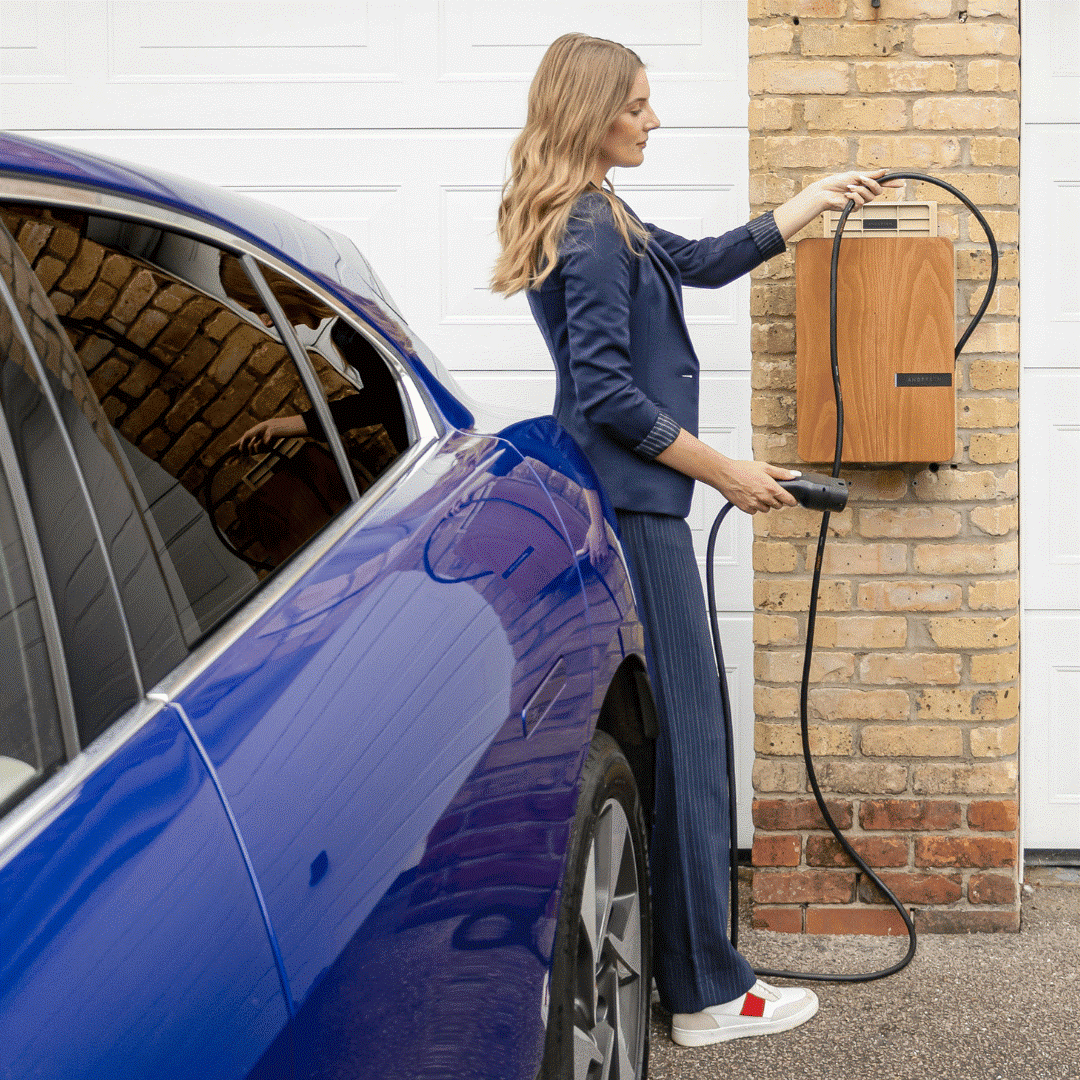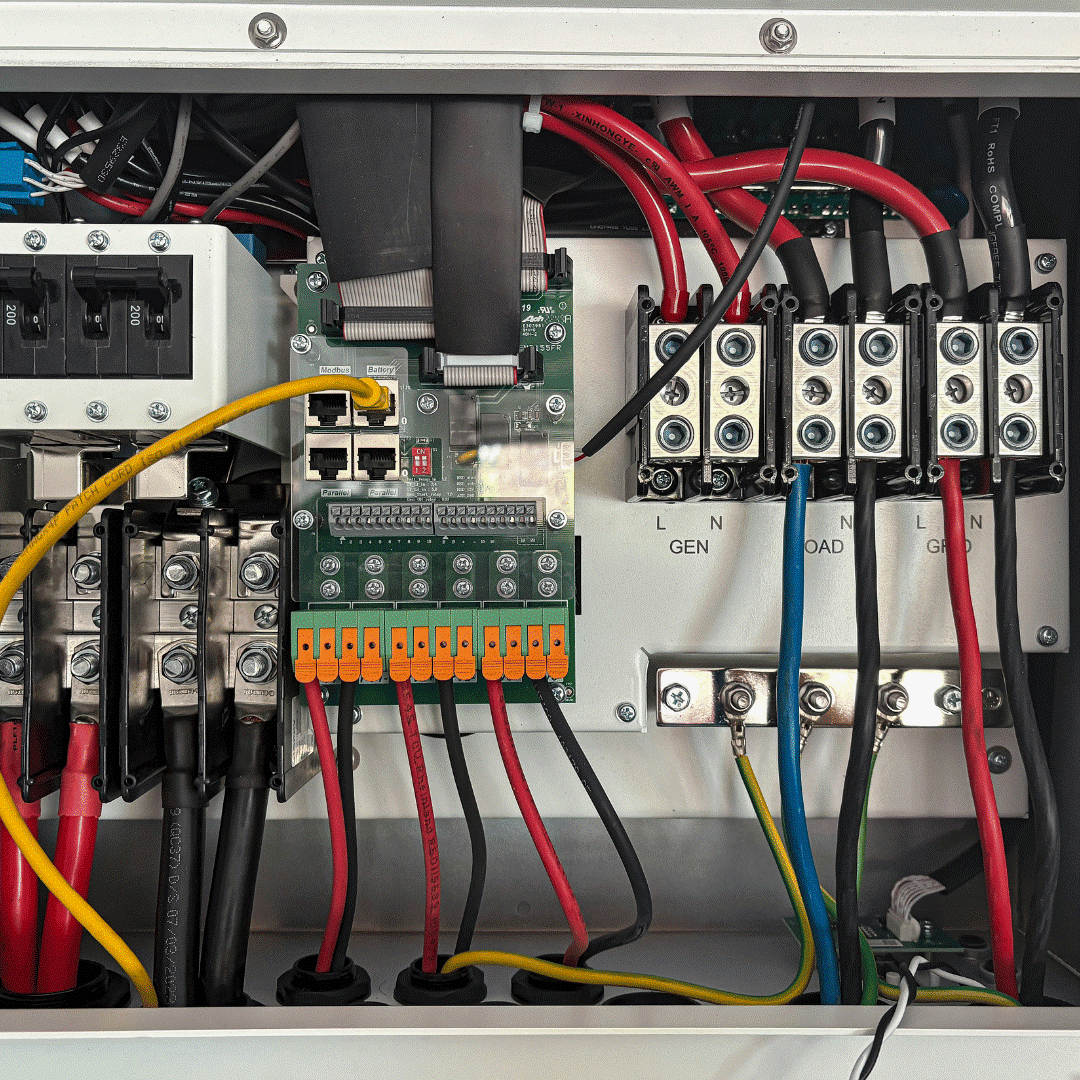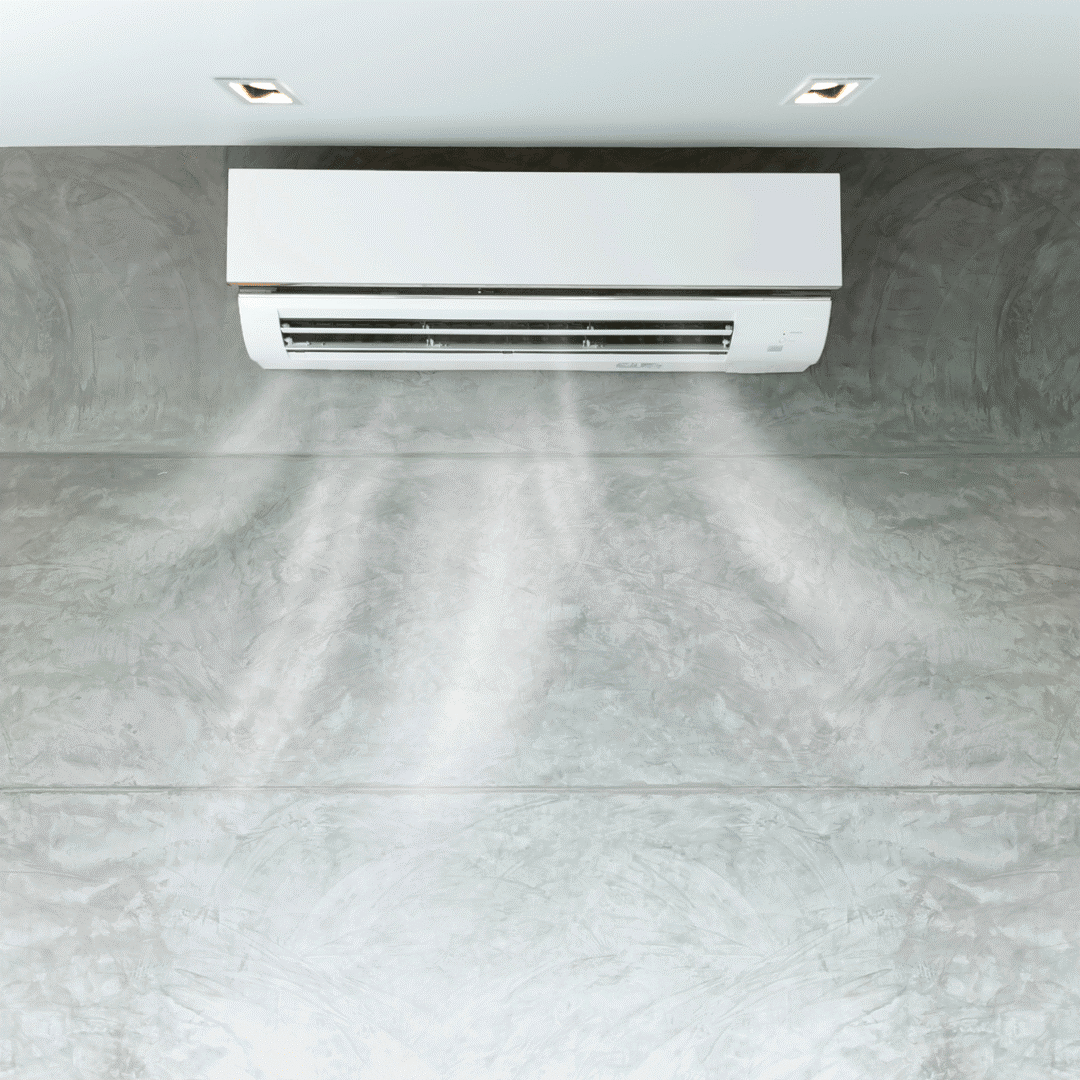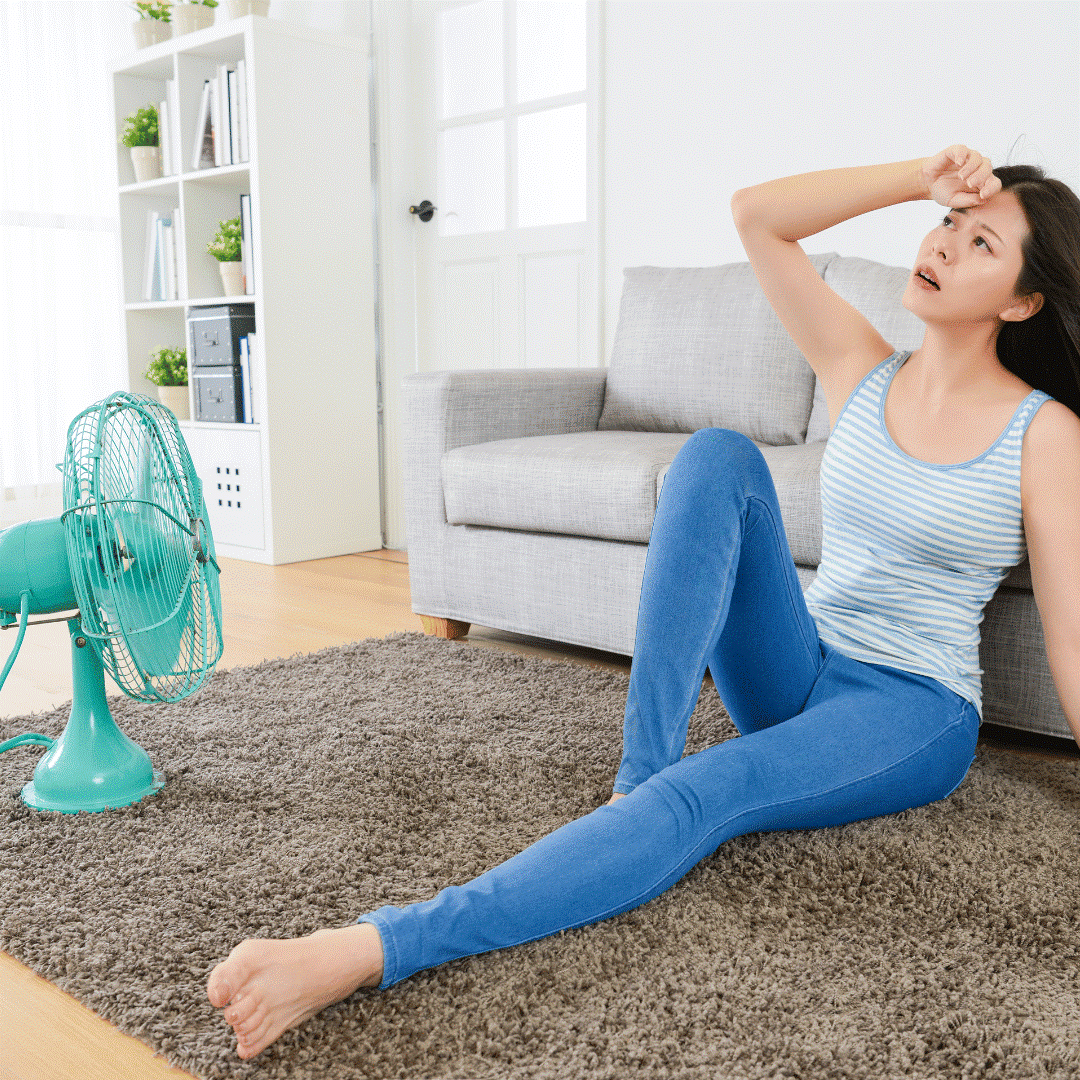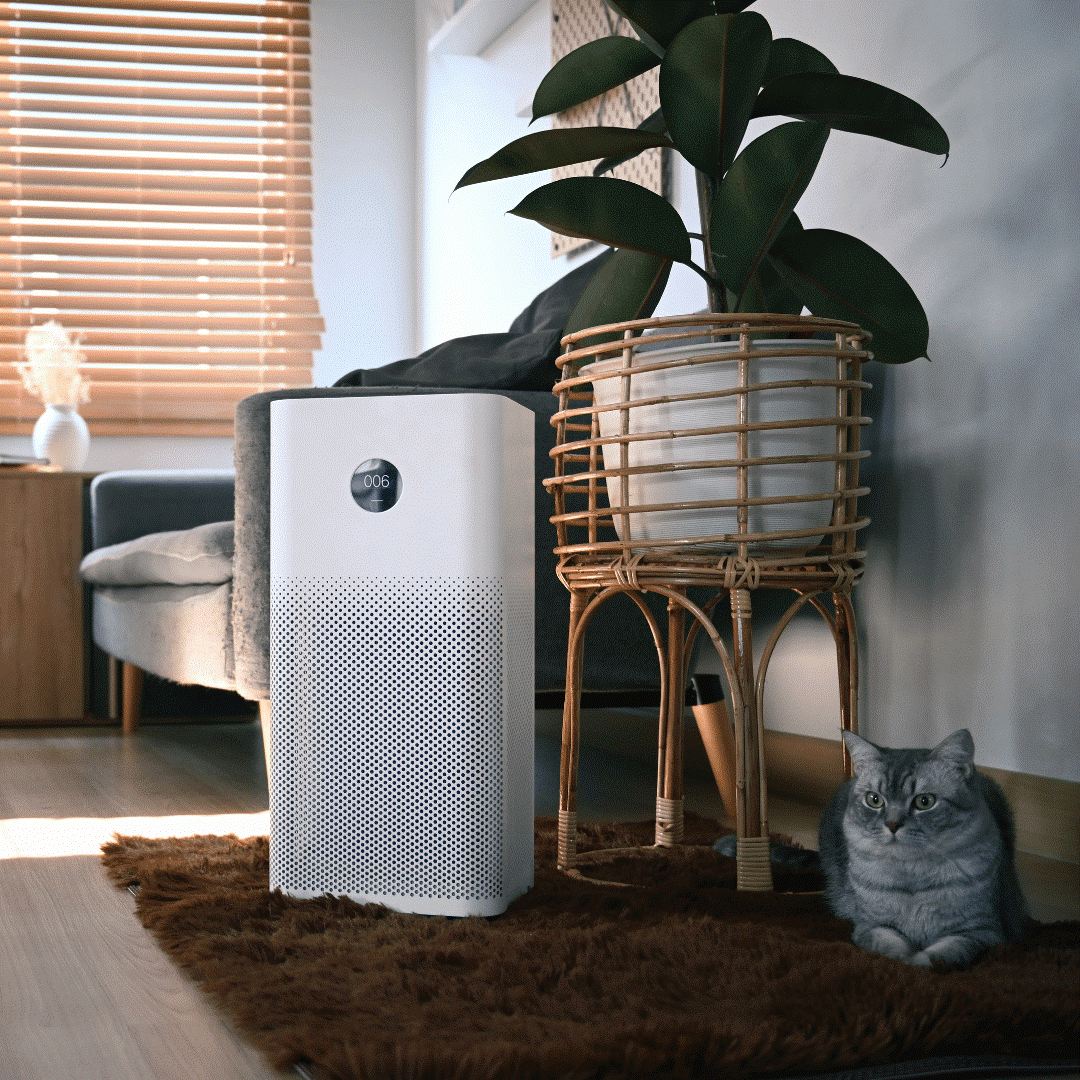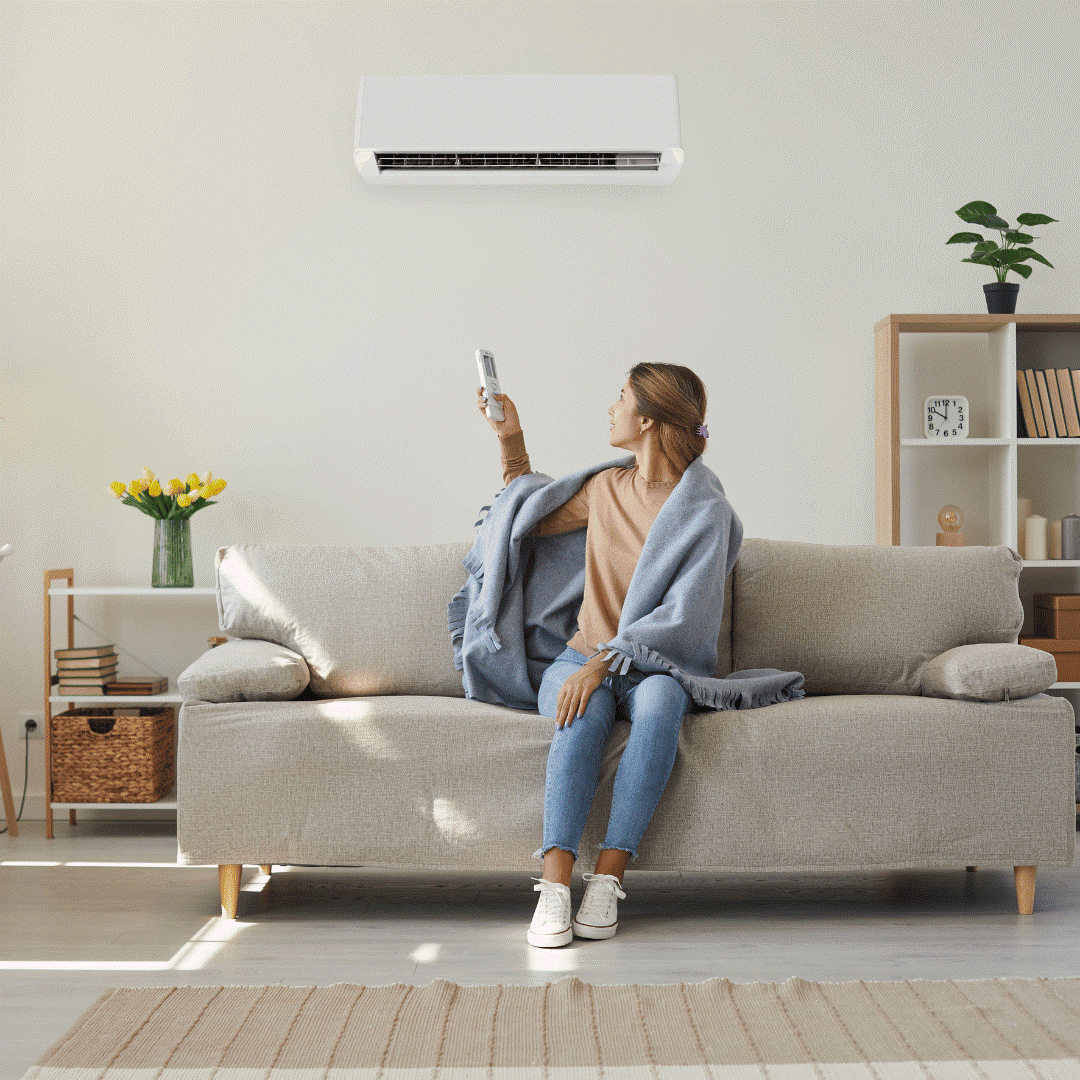End-of-Summer Air Conditioning Maintenance: Why It Matters
As summer draws to a close, many homeowners breathe a sigh of relief as the intense heat subsides. However, your air conditioning system, which has been working tirelessly to keep your home cool, still needs attention. End-of-summer air conditioning maintenance is crucial for keeping your AC unit in top shape, ensuring it remains efficient and reliable for years to come. This guide will delve into why this maintenance is essential and provide actionable tips to keep your system running smoothly.
The Importance of End-of-Summer Air Conditioning Maintenance
Your air conditioning system has been running almost non-stop during the hot summer months, pushing its components to their limits. This continuous operation can lead to wear and tear, which, if left unchecked, can reduce the efficiency of your AC unit and even lead to costly repairs. End-of-summer maintenance allows you to address these issues before they escalate, helping to extend the life of your system and maintain your home's comfort.
Preparing Your Air Conditioning System for the Off-Season
As the cooling season winds down, preparing your AC unit for the off-season is important. This preparation involves a thorough inspection and cleaning of the system to ensure it’s in optimal condition for the next summer. Routine maintenance now can prevent problems that might arise during the colder months when your air conditioner is not in use.
Inspect and Clean the Outdoor AC Unit
The outdoor unit of your air conditioning system, which houses the condenser coils, is particularly vulnerable to dirt and debris buildup. During summer, leaves, grass clippings, and other debris can accumulate around the condenser unit, reducing airflow and forcing the system to work harder. Cleaning the outdoor unit with a garden hose can help remove this debris, ensuring that air flows freely and the system operates efficiently.
Checking and Replacing Air Filters
Air conditioner filters play a vital role in maintaining your AC system's efficiency. Dirty filters can block airflow, causing the system to overheat and reducing its ability to cool your home. At the end of the summer, it's crucial to check the air filters and replace them if necessary. For most systems, this should be done every one to three months, depending on usage and environmental factors.
Inspecting the Indoor Unit and Air Handler
The indoor unit and air handler are essential components of your air conditioning system. These parts distribute cool air throughout your home, and any issues with them can lead to uneven cooling and increased energy costs. Inspecting the indoor unit for signs of wear and tear, such as bent fins or dirt buildup, is a key part of end-of-summer maintenance. Cleaning these components and ensuring they are in good condition will help maintain the system's efficiency.
Checking the Condenser and Evaporator Coils
The condenser coil and evaporator coil are critical to the cooling process of your air conditioner. These coils can become clogged with dirt and dust over time, reducing the system's efficiency and causing it to work harder. During end-of-summer maintenance, clean the coils using a soft bristle brush or a fin comb to remove dirt and debris. This simple step can significantly improve the efficiency of your AC unit.
Ensuring the Proper Function of the Thermostat
Your thermostat controls the temperature in your home, and its proper function is crucial for maintaining comfort. If you're still using a manual thermostat, consider upgrading to a programmable thermostat, which can automatically adjust the temperature based on your schedule. This upgrade can lead to energy savings and reduce the strain on your HVAC system during the off-season.
Checking for Refrigerant Leaks and Other Issues
Refrigerant leaks are a common issue in older air conditioning units, and they can significantly reduce the system's cooling ability. During end-of-summer maintenance, have a professional HVAC technician check for any signs of refrigerant leaks and other potential problems, such as worn fan motors or blocked condensate drains. Addressing these issues early can prevent more serious problems down the line.
Cleaning the Drain Line and Condensate Drains
The drain line and condensate drains in your air conditioning system help remove moisture that accumulates during the cooling process. Over time, these drains can become clogged with dirt and algae, leading to water damage and reduced efficiency. Cleaning the drain line with a mixture of white vinegar and water can help prevent clogs and keep your system running smoothly.
The Benefits of Regular Preventive Maintenance
Regular maintenance of your air conditioning system provides numerous advantages, including enhanced energy efficiency and a longer lifespan. Maintaining Indoor Air Quality (IAQ) is vital for your home's comfort, and routine upkeep ensures that your AC isn't circulating pollutants or allergens. Moreover, scheduling end-of-summer maintenance with a qualified HVAC technician offers peace of mind, confirming that your system is functioning optimally. By performing essential maintenance tasks—such as cleaning coils, replacing filters, and checking for leaks—you can help your system operate at peak efficiency. This proactive approach not only saves you money on utility bills but also minimizes the risk of unexpected breakdowns.
Conclusion
End-of-summer air conditioning maintenance is vital for keeping your AC unit running efficiently and reliably. By following the above tips, you can prepare your system for the off-season and avoid potential problems when it’s time to turn on the cooling again next summer. Remember to schedule regular maintenance throughout the year to keep your air conditioner in top condition and maintain a comfortable home environment. So, take care of your AC
When to Call in a Professional HVAC Technician
While DIY maintenance can help keep your system running smoothly, some tasks are best left to professionals. If you notice unusual noises, warm air coming from your vents, or a spike in your energy bills, it's time to call in an HVAC professional. They can perform a comprehensive inspection, identify any underlying issues, and recommend the best action to keep your system in top condition.
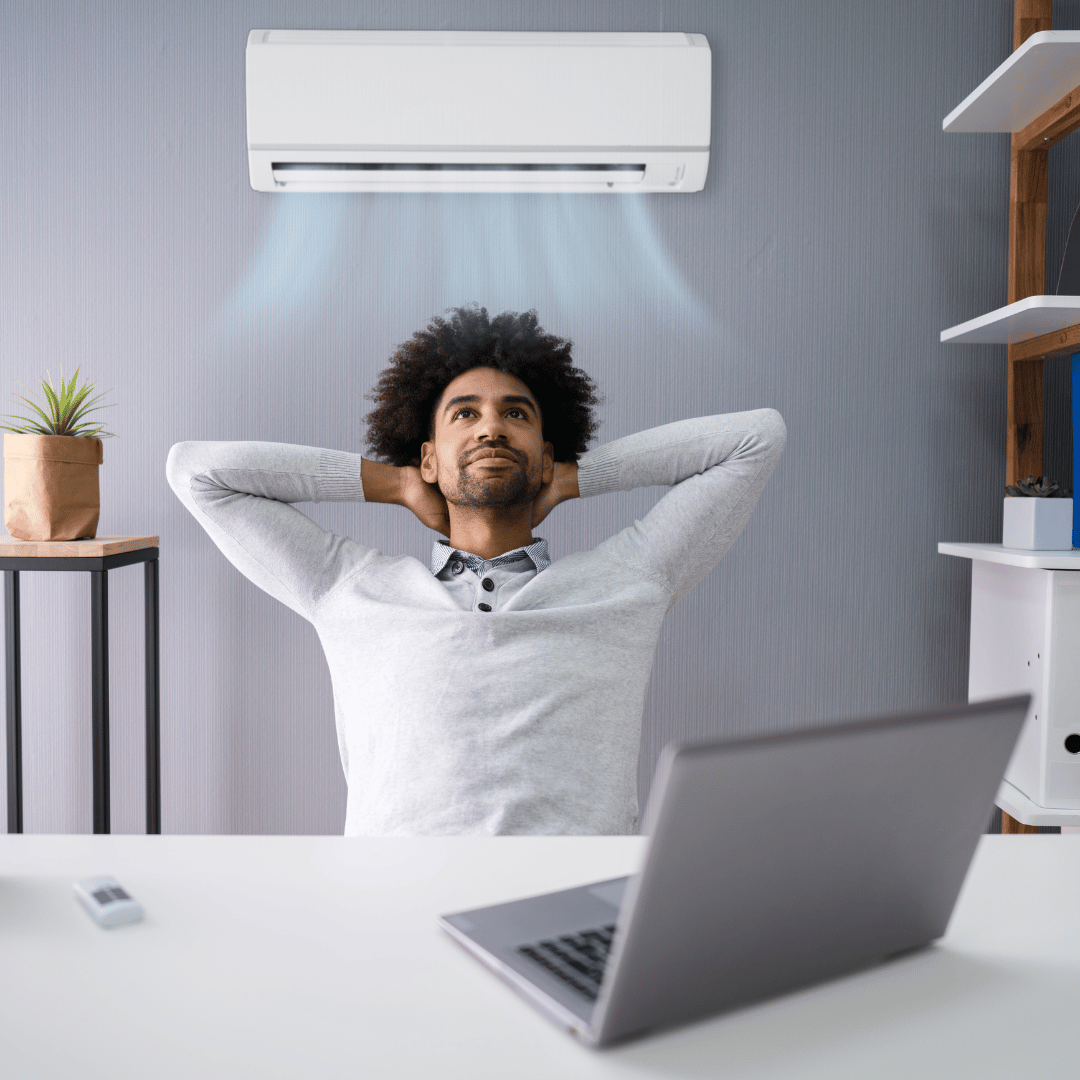
As summer ends, it's easy to forget about your air conditioning system until the next heatwave arrives. However, taking the time to perform end-of-summer maintenance can make a significant difference in the longevity and efficiency of your AC unit. By following the tips outlined above and scheduling regular professional check-ups, you can ensure that your system is ready to keep your home cool and comfortable for years to come.
Don’t wait for your air conditioning system to break down when you need it most. Invest in preventive maintenance today by scheduling a professional tune-up with our expert HVAC technicians. We’ll ensure your system is in top shape, providing you with peace of mind and reliable comfort. Contact us now to book your appointment and keep your home cool and efficient all year round.


